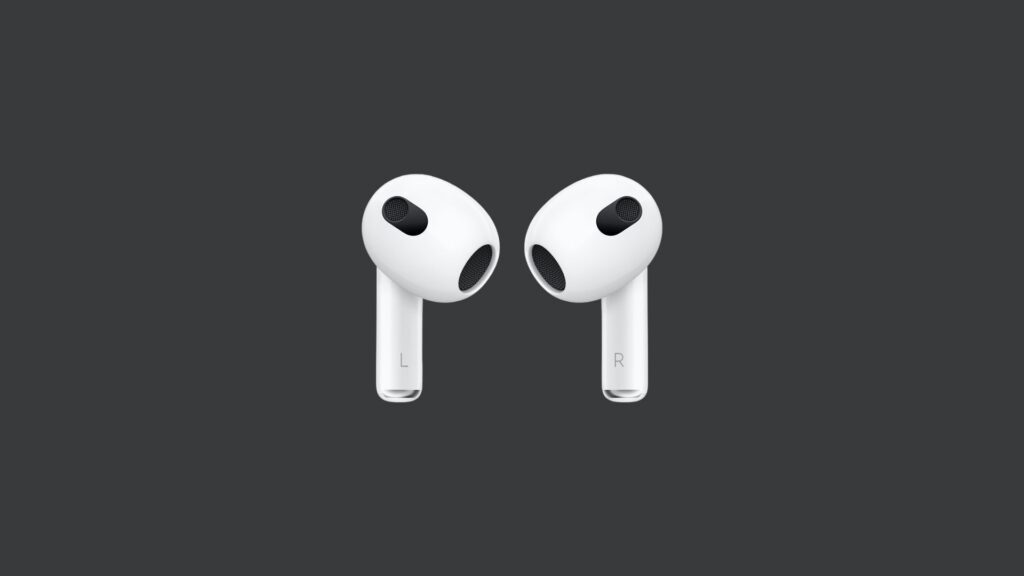As an owner of AirPods, I have often been frustrated at the short battery life and have done a bit of research to figure out the best way to maximize their life. Is it better to let them die before charging them? I’m here to share what I’ve found out, as well as some other helpful tips and tricks, to help you get the most out of your AirPods.
The short answer is no. Completely draining the battery before recharging can do a lot of damage to your AirPods’ battery life and its ability to hold a charge.
| Tips for Extending AirPods’ Battery Life |
|---|
| – Avoid letting your AirPods die before charging them. |
| – Charge your AirPods when there’s between 20 and 40% of the battery left. |
| – Avoid leaving your AirPods in temperature extremes. |
| – Avoid wireless charging if you can. |
| – If possible, enable optimized battery charging on 3rd Generation AirPods. |
| – Avoid leaving the charger plugged in overnight. |
| – Keep your AirPods in their case when not in use. |
Is It a Good Idea to Let the AirPods’ Battery Drain Completely?
Airpods, much like most electronics nowadays, are powered by Lithium-Ion batteries. They’re relatively cheap and easy to mass-produce. They can also come in exceedingly small sizes, like the Varta CoinPower cell that powers your AirPods.
That said, they have a major flaw that cuts their life pretty short; they only last between 300 and 500 charge cycles. This roughly translates to 1.5–2 years of 100% battery health.
To understand why this is such a big deal, let’s explain what a charge cycle is real quick.
What’s a Charge Cycle?
A charge cycle is basically the process of fully charging the battery in your device and then fully discharging it. You count the number of charge cycles by the number of times the device battery reaches 100% battery, then is completely drained to 0%.
Read more: Can AirPods be used for gaming?
How Do Charge Cycles Affect Battery Life?
The battery is designed for a finite number of full charge cycles before the internal components start holding a smaller charge. This happens due to:
- Over-discharging, which happens when the charge is completely depleted. It can cause internal short circuits, as well as capacity degradation when the battery is plugged back in.
- Holding a full charge for a long time, like leaving the charger plugged in overnight, which strains the battery due to excess heat production.
Now, most manufacturers are coming up with ways they can stop this from happening often. For example, 0% battery on your device doesn’t always equal a 0%, completely drained Li-ion battery. This protects the Li-ion battery from the over-discharging issue we talked about
And in the same vein, Apple introduced Optimized Battery Charging, a feature that tracks your usage over a time period. This way, it can only charge your AirPods’ battery beyond 80% just before you pick them up to listen to music.
This reduces the time your AirPods hold a full charge in their case without use, thus extending the battery life.
However, this feature is only available for 3rd Generation Airpods only, so for those with 1st or 2nd Generation AirPods, or AirPods Pro, you should maintain battery health yourself.
Read more: Should I get headphones or AirPods?

How Do I Maintain My AirPods’ Battery Health?
There are a few things you can do to extend the life of your AirPods’ batteries. These are just suggestions based on what we know about Li-Ion batteries. Just remember that not all batteries are created equal, some might last a long time, while others will start degrading fast.
- Avoid Letting Your AirPods Die or Charge Overnight
As we’ve established earlier, full charge cycles take away from the life of your devices. That’s why you should minimize the number of times the battery has to go from 0% to 100% as you can.
The best way to go about it is to charge your AirPods as soon as you hear the “low battery” tone. It plays when your AirPods have about 20% battery life left.
Once you put the AirPods in their case, don’t leave them to charge much beyond 80 or 90%, this is usually how much you get after 15–20 minutes.
If you can help it, avoid overnight charges for the case, as well. This should maintain the case’s battery health so it can hold the same number of extra charges for your AirPods.
- Avoid Temperature Extremes
The thing Lithium-ion batteries hate more than full charge cycles is temperature extremes. Leaving your AirPods out in the cold isn’t ideal, but you should never leave them inside a hot car or out in the sun.
Aside from significantly decreased performance and premature aging, heat can also cause physical and chemical changes within the batteries of your AirPods and their case.
Best-case scenario, these changes will cut battery life short or cause it to malfunction. Worst case scenario, the batteries might explode. These explosions might be minor, but they can also start housefires.
- Avoid Wireless Charging If You Can
Last but not least, try to plug in your case instead of plopping it on a wireless charger. Induction charging has come a long way, but is incredibly inefficient as a lot of the energy is wasted as heat.
You can feel it with your own hands if you touch a device while it’s still charging, and as we agreed, heat is bad for your AirPods.
Conclusion
Should I let my AirPods die before charging?
The answer is always absolutely not. Charge your AirPods, or any device that uses Li-ion batteries, when there’s between 20 and 40% of the battery left. This way, you’re not wasting charge cycles or straining your batteries.

